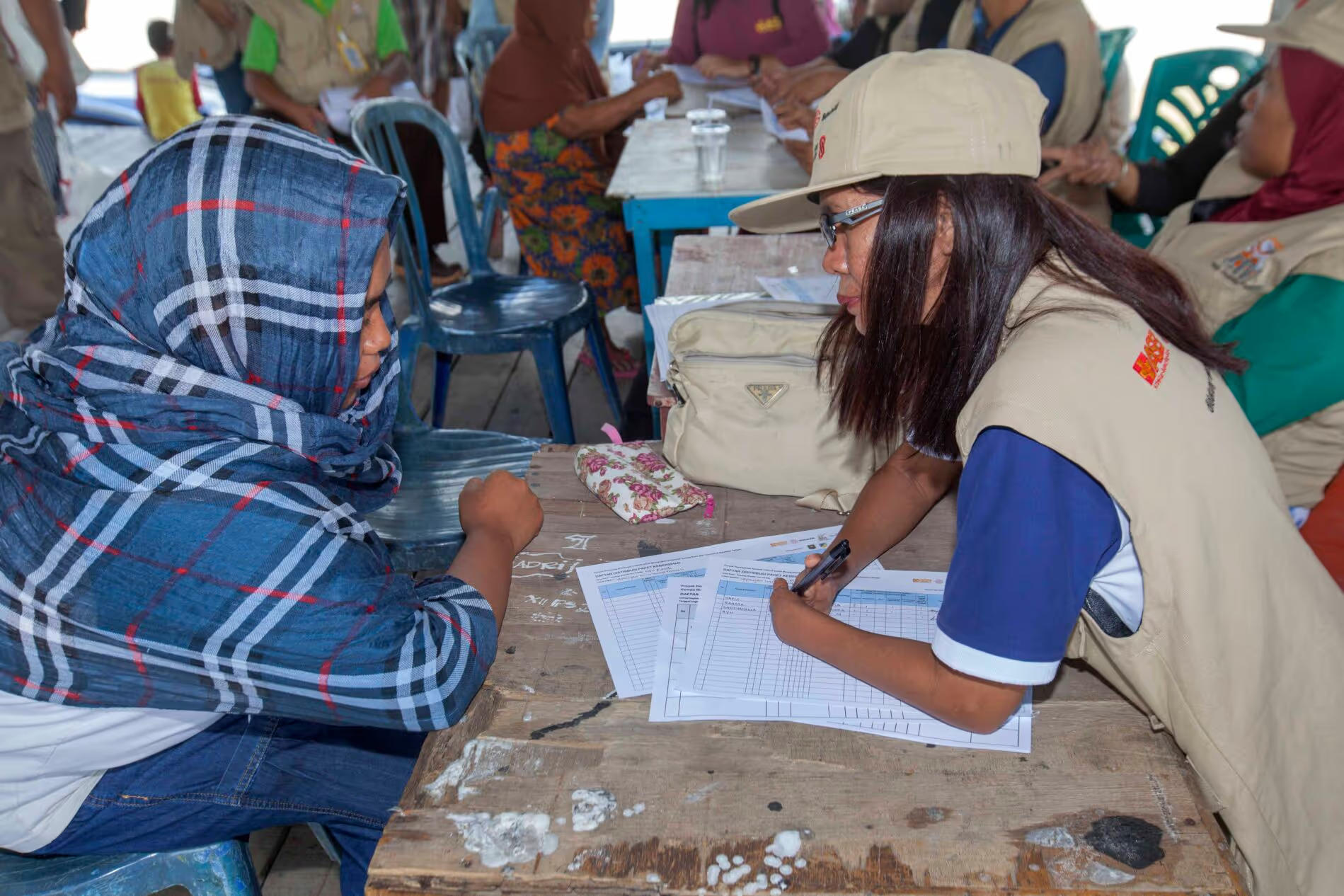Partners for inclusion: Localising Inclusive Humanitarian Response (PIONEER)

Project overview
The PIONEER model is strengthening institutional partnerships between local Organisation of People with Disabilities (OPDs), Older People Associations (OPAs) and local humanitarian organisations to secure localised inclusive humanitarian response through meaningful participation of persons with disabilities and older people.
Project solution
This project offers [specific solution or intervention] to tackle [challenge]. By implementing [strategies, tools, or innovations], the project aims to achieve [desired outcomes]. The approach is designed to [specific actions or methods] to bring about meaningful change in [community, region, or issue area].
Expected outcomes
This project aims to achieve [specific outcomes], such as [measurable results, improvements, or changes]. The expected impact includes [benefits to the target community, advancements in research or innovation, or long-term effects]. By the end of the project, we anticipate [specific changes or milestones] that will contribute to [broader goals or objectives].
What humanitarian need is being addressed?
World Humanitarian Summit commitment to ‘Leave(ing) no one behind’ (United Nations, 2016 p. 7) in humanitarian response brings closer localisation and inclusion of all in the communities. Nevertheless, there has not been an initiative that capitalised the role of persons with disabilities and older people in localised response, and encourage institutional partnerships with humanitarian organisation. Consequently, humanitarian response often disregards their inclusion. The PIONEER model addresses the gaps in institutional capacity and awareness of OPDs, OPAs and humanitarian actors in inclusive locally-led humanitarian response by creating spaces for knowledge-to-action co-creation to address barriers to inclusion.
What is the innovative solution and how will it improve existing humanitarian practice?
The project proposes the PIONEER mechanism that is built on the success of “localisation of aid” concept introduced through the Grand Bargain agreement (IASC,n.d.), underpinned by the spirit of participation revolution of people with disabilities and older people through equal partnerships with local humanitarian actors.
There are three elements of the innovation:
- “Relationship quality and partnerships”, development of collaborative partnership between local humanitarian organisations and OPDs.
- “Capacity enhancement”, capacity strengthening to initiate and manage high-quality, inclusive and accountable inclusive humanitarian response and network with existing local humanitarian actors.
- “Participation revolution”, an opportunity for local OPDs and humanitarian organisations, to co-design inclusive humanitarian programmes and be involved financial decision making and management.
As such, the innovation aims to improve inclusion, ethics, quality and accountability of humanitarian programmes by creating spaces for OPDs and humanitarian organisations to co-create, deliver, and evaluate humanitarian programmes.
Expected Outcomes
- Result 1: PIONEER management partnerships established and equipped to equally- co-implement collaborative and inclusive PIONEER project
- Result 2: PIONEER mechanism operationalised and tested and refined
- Result 3: Consolidated framework for ethics, monitoring, mentoring and assistance agreed and operationalised
- Result 4: Assessed effectiveness and impact of PIONEER mechanism
- Result 5: Project learnings are captured and widely disseminated.
Project delivery & updates
Stay up to date with the latest developments from this project. Here, you will find details on what has been delivered, resources created, and regular updates as the project progresses. Access key documents, reports, and other materials to see how the project is making an impact.
